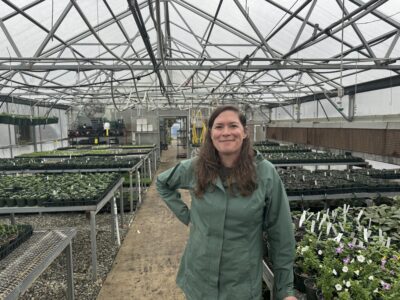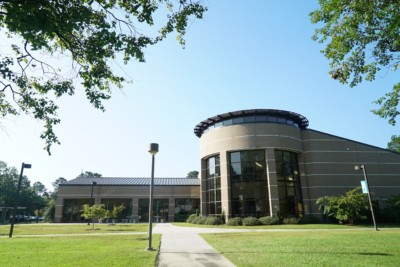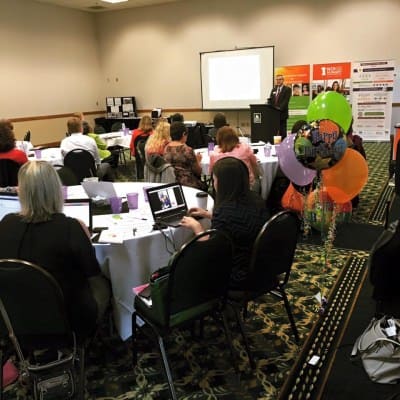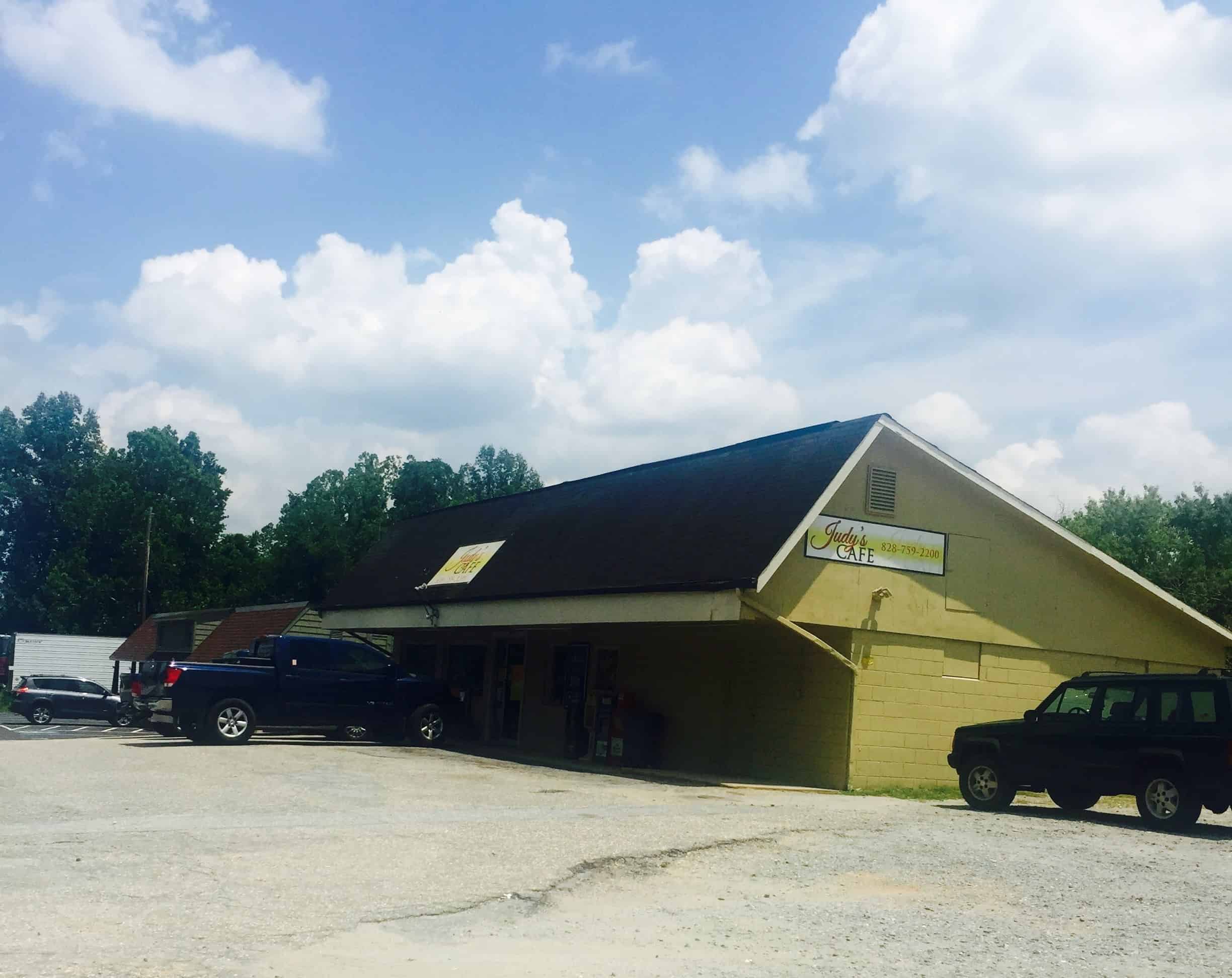“Every morning a million North Carolinians get up and go to work for wages which leave them below the poverty line so they can pay taxes that finance the education you receive at Carolina. Your job is to figure out how you’re going to pay them back.”
Bill Friday’s words are a mandate to me. My life’s work is to pay back those whose names I do not know and to honor the contributions of those who have shaped me. This mission led me to join the team at EdNC as a consultant and columnist for the coming year.
EdNC has built a vibrant, and growing, community in a short period of time. Alongside the entire EdNC team, it is now my task — our task — to continue to grow our community, expand the conversation, and enhance the debate about the present and future of education across North Carolina.
This column will be published weekly with a focus around food-related issues within our schools, including food access, hunger, our food system, and nutrition.
Why?
We are all a product of our past. We are shaped by our parents, our families, our friends, and our educators, by the people we meet and the places we live and the experiences we share.
My childhood was spent in rural North Carolina.
I was born in Morganton, I grew up in Lenoir, and I traversed the back roads and highways that cut throughout the Unifour region —Alexander, Burke, Caldwell, and Catawba — of our state throughout my first 18 years.
It was a region built by factory workers — men and women who woke up before dawn to build the furniture that the rest of the country used to eat, sleep, and live life. When I was young, I had family members who worked each of the three shifts that made up the day. Today, too many of those factories lay dormant, but even when I was young economic shifts were in the process of causing many to slide into poverty.
I was born to teenage parents who, like many of their peers, struggled to make ends meet.
Poverty was not an abstract policy concept. It was my reality.
One day, a family member picked my sister and I up from our house to spend the night. She asked what we had to eat that day. We replied, “A hot dog.”
Only later did she realize that from the time that we woke up until she picked us up that evening, our entire diet consisted of a half of a hot dog each.
According to the U.S. Census Bureau, one in four children in North Carolina live in poverty.
I was one of the one in four. My childhood was marked by bouts of poverty, but it was dominated by love. The constant presence of my family, both grandmothers, and my aunt and uncle sustained me.
When I was in fifth grade my aunt and uncle adopted me. Their love and support gave me an opportunity to succeed. And food was a common thread of the love I was shown.
My grandmother, “Maw,” owned a cafe for much of my childhood. She would wake me at 4am to go to the cafe where she would make biscuits for the breakfast crowd, factory workers, and early risers who would descend on her restaurant at 6am.
My uncle David was a butcher, and I would spend lazy afternoons in the back of the grocery store that he helped to manage. I would watch him with wide eyes as he deftly took apart cows, hogs, and more. I would take a break from the butchering to wander to the deli and beg the bakers for donut holes.
My aunt Pat showed her love through her food. I can still smell the fried apple pies that she would make throughout the night to take to the factory where she worked.
A friend’s parent told me I might grow up to attend UNC-Chapel Hill. I looked it up online and requested a visit. I still remember the beauty of the leaves covering the Quad on that fall day.
At UNC, I found a world-class education.
I also met my future wife, Jamie. She was simply a remarkable person, and I quickly fell in love with her. She was my mentor, partner, lover, and guiding light.
Jamie shared with me her passion for food. She introduced me to sushi. She encouraged me to eat more vegetables. She taught me the simplicity of a farmers market meal, paired with a cocktail, on the back patio of our first home. She instilled within me the power of acts of kindness to transform a moment, a day, and a life.
My wife would be taken from us after four years and four days of marriage through a brutal attack on both of us that left her critically injured. After she died, in an attempt to carry on her legacy and her work, we began the Jamie Kirk Hahn Foundation.
Jamie’s Foundation works on an array of issues with a focus on leadership development. As we explored ways to honor the things Jamie valued, we decided to also center some of our work on food issues. Chef and author James Beard once said, “Food is our common ground, a universal experience.” It was true in my childhood, and I believed the common bond of food might offer one path to building leadership and civic engagement.
The lack of healthy food accessibility has created an unprecedented obesity epidemic in this country and in our state. One of my personal heroes, Ron Finley, declared, “If kids grow kale, kids eat kale. If they grow tomatoes, they eat tomatoes. But when none of this is presented to them, if they’re not shown how food affects the mind and the body, they blindly eat whatever you put in front of them.”
We must seek to put healthy food on the plates of our children and to give them the tools to understand why healthy eating matters.
Why food?
Hunger.
Food access.
Nutrition.
None of these are small issues.
Fortunately, the work has already begun.
In North Carolina, we have many heroes who are working to address these issues right now. Teachers pay for food for their students out of their own pockets. They keep snacks in their drawers for the hungry and send them home with food when they know they have no other access. Organizations like No Kid Hungry work to address needed policy changes. Individuals like Reverend Joyner in Conetoe and Robin Emmons in Charlotte, as well as organizations, like SEEDS in Durham, work daily to show children how food begins in the ground and ends on their plates.
This column will spotlight their work, share their stories, and hopefully spark a conversation about food in North Carolina.
A hungry child will not learn as well as a well-fed one, and we can not doom one in four children to a future that is less than they deserve.
Because they are the products of our present and future too.
I look forward to finding common ground on this issue with all of you.
Recommended reading




